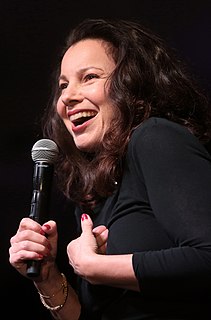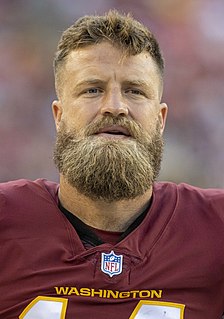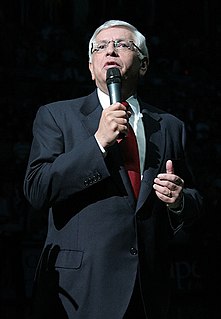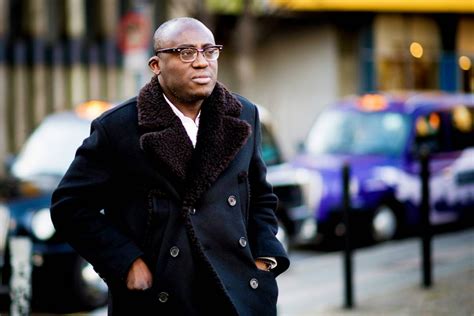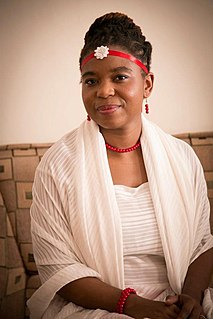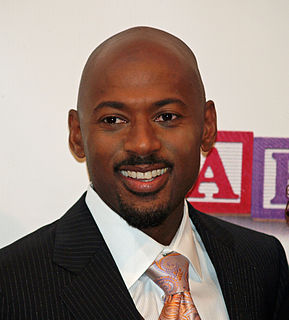A Quote by Fran Drescher
My clothes are predominately black and my home is predominantly white.
Related Quotes
I've been on predominantly 'white' shows before, and I had also been on predominantly 'black' shows. I would complain that when I was on a white show, they would only hire me because there was a black character or they needed a black voice. But then I would be mad if they went and hired a white dude in my position.
As a black woman who grows up in a predominantly white neighborhood, you learn how to perform a 'good' version of yourself. And then when you're with your home girls, you're saying all kinds of stuff that sounds all kinds of crazy, but you understand each other because you're speaking the way that you're comfortable with.
I've never seen a sincere white man, not when it comes to helping black people. Usually things like this are done by white people to benefit themselves. The white man's primary interest is not to elevate the thinking of black people, or to waken black people, or white people either. The white man is interested in the black man only to the extent that the black man is of use to him. The white man's interest is to make money, to exploit.
